Einstein Telescope
SHORT DESCRIPTION
Einstein Telescope is one of the main European research projects with a global scientific impact, and Italy is a candidate to host it in Sardinia in the area of the disused mine of Sos Enattos, in the Nuoro area. It will be a large underground infrastructure for the future third-generation gravitational wave detector. It will be able to observe a volume of the universe at least a thousand times greater than the current second-generation instruments, the LIGO interferometers in the United States and Virgo in Italy, whose scientific collaborations observed for the first time, in 2015, gravitational waves, predicted a hundred years earlier by Albert Einstein. The discovery was awarded the Nobel Prize in Physics in 2017.
In reality, the Einstein Telescope will be listening to the universe rather than observing it, because gravitational waves are like the voice, the echo of the most extreme astrophysical events that occur in the cosmos, such as the coalescence of black holes or neutron stars, or the explosions of supernovae.
The project involves the construction of a large underground infrastructure that will house a gravitational wave detector between 100 and 300 meters deep to preserve it in “silent” conditions, isolating it from the vibrations produced by both seismic waves and human activities, which constitute what is called “noise,” as they are a source of disturbance for the measurements that the telescope will have to perform.
The candidacy is supported by the Italian Government, the Ministry of University and Research (MUR), the Autonomous Region of Sardinia, and scientifically coordinated by the National Institute for Nuclear Physics INFN in collaboration with Research Institutes and Universities throughout Italy including the National Institute for Astrophysics (INAF).
On February 9, 2023, the Ministry of University and Research (MUR) established, by decree of Minister Anna Maria Bernini, a high-profile Technical-Scientific Committee to support the Italian candidacy. The committee is chaired by the Nobel Prize winner for Physics Giorgio Parisi, and is composed of Ambassador Ettore Sequi, former Secretary General of the Ministry of Foreign Affairs and International Cooperation, and scientists Marica Branchesi and Fernando Ferroni, from the Gran Sasso Science Institute and INFN, and the President of INFN, Antonio Zoccoli.
ROLE OF THE OBSERVATORY
?
OBSERVATORY STAFF INVOLVED
Giancarlo Ghirlanda – ruolo – giancarlo.ghirlanda AT inaf.it
Om Sharan Salafia – ruolo – om.salafia AT inaf.it
Lara Nava – ruolo – lara.nava AT inaf.it
Paolo D’Avanzo – ruolo paolo.davanzo AT inaf.it
Maria Grazia Bernardini – ruolo – maria.bernardini AT inaf.it
TIMELINE
2023 –
WEBSITE
CONTACT
Giancarlo Ghirlanda – giancarlo.ghirlanda AT inaf.it
CREDIT
Web page content: G. Ghirlanda.
